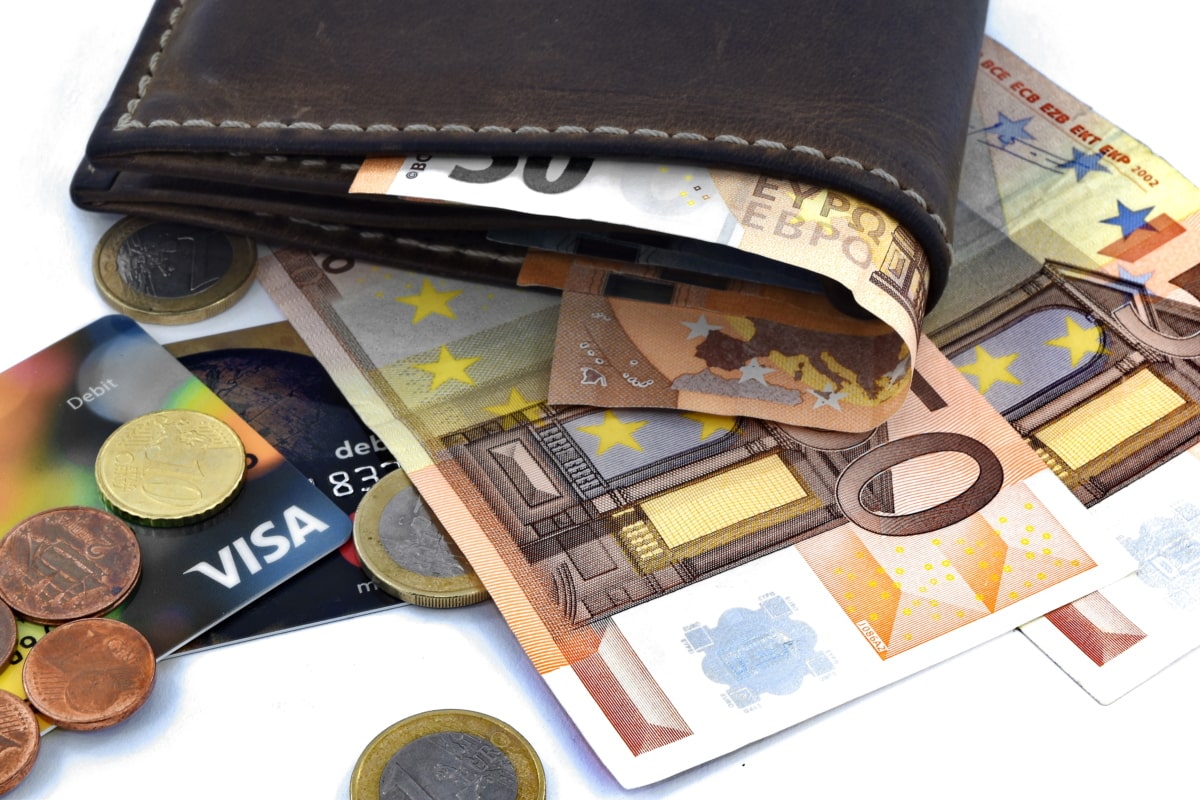Dire warnings have been coming from everywhere in recent weeks about inflation and the resulting hike in prices consumers will begin to really feel in the new year. We’re bombarded with such phrases as ‘perfect storm’ and ‘tsunami of price increases’ so we can’t say we were not warned of what lies ahead.
Global economists are at odds over whether the inflationary spike will be transitory with some spelling doom and gloom, and others saying it will be over by mid-2022 and return to normal levels. Twitter CEO Jack Dorsey got a little involved by tweeting out that hyperinflation was coming soon and to get ready for it, which sent some US officials scurrying to decry this kind of scaremongering.
The truth is we don’t know how bad it could get or for how long as it depends on the problems in the supply chain being ironed out and the pandemic tapering off, if it does at all.
We only know for certain that the coming period will indeed be painful for consumers. Businesses are expecting things to be much worse than the 2013 financial crisis.
The inflationary pressure is also coming at a time when we are being warned, most recently by our own finance minister, that the upcoming green transition will also be painful for consumers. Cyprus envisages a green fuel tax and a new water levying system to start with so there is a double whammy on the cards for Joe Bloggs. Even if the most vulnerable sections of society secure the promised EU cash to ease the pain, there is no guarantee that it will be enough, especially to cover electricity bills that might be two and three times higher for many.
All this comes amid the COP26 climate conference this weekend in Scotland, which not many people have high hopes for in terms of policies or agreements, but which will in statements, or as Greta Thunberg would say, “Blah, blah, blah…” act as the conscience of the world with one of the messages being that unchecked consumerism in the West is contributing to the destruction of the planet.
This is all true of course. People in rich countries buy way more than they need. We throw food away by the bin-full and expect our Amazon orders to be delivered pronto, even if they’ve been manufactured by a global giant using child labour in Asia while proclaiming in public that they’re doing all they can to save the planet. Environmentalists call this ‘greenwashing’, and there is plenty about.
Some of these are the same global giants that have pushed uncontrolled consumerism since the 1950s, which followed the US Great Depression of the 1930s, which followed another era of uncontrolled consumerism in the Roaring Twenties. They gave us plastics and pesticides, industrial animal farming, mono-cropping and everything that is bad for the planet that we consume or use.
Aside from the cynical exploitation by such companies now of the green agenda for even more profit, albeit a new type of profiteering, what is certain is that low-income sections of society will need a lot of help in the coming months, while the middle-class may have to significantly adjust their lifestyles. Only the super-rich will not be affected.
Many people have already made adjustments due to the pandemic and are realising that they can live without the latest tech and the latest fashion, meals out every night, three trips abroad every year, and carbon-intensive avocados from Peru.
Our grandparents and great grandparents had nothing near close to what is available to people today. They existed on less, were frugal and often kinder than people today so perhaps the current ‘insta’ generations in the world’s richest countries that have enjoyed unprecedented semi-extravagant lifestyles in the last two decades can learn to do without the trappings of unchecked retail therapy.
The UN has tried to drive home these messages for years but no one was paying any heed and people carried on regardless of the damage that was being done to the planet. It has tried to get the message across by outlining worst-case scenarios to make people care but that hasn’t worked very well across the board though it has terrified some people to the core. It’s human nature to only perceive immediate threats to life such as a pandemic and people will easily fall in line as self-preservation is in our DNA, but tell people the world will be a disaster zone in 10, 12 or 20 years, and it doesn’t really hit home, except to the eco warriors.
Perhaps the financial shock to the system that is coming with the double whammy of inflation and green taxes, as unpleasant as it’s all going to be for all of us, will do more to move the planetary agenda along than all the ‘messaging’ that has come before and all of the platitudes that will come out of Glasgow’s COP26. The challenge then for world leaders will be to ensure that their own policies in response to this slew of crises do not end up, yet again making the poor poorer and the rich richer as we have seen since the start of the pandemic.







Click here to change your cookie preferences